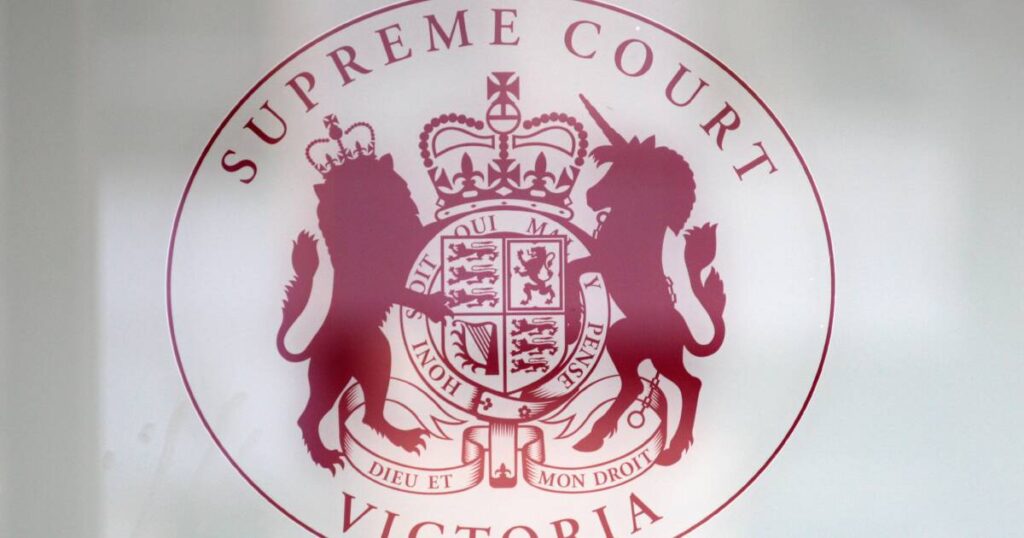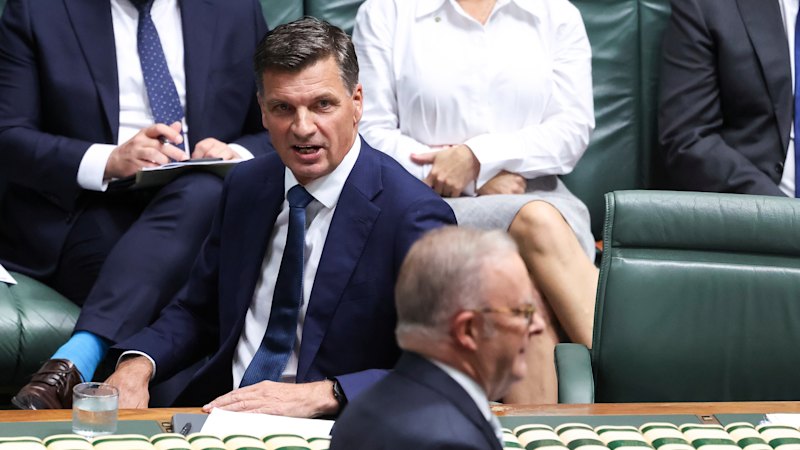
A prominent Ballarat developer has initiated legal proceedings against the former chief executive of one of its companies, alleging that he violated his fiduciary duties by secretly investing in properties and, in one instance, outbidding his employer. The case is being heard in the commercial division of the Victorian Supreme Court, marking a significant legal battle within the region’s property development sector.
On September 29, 2025, the court began hearing the trial involving Country Club Villages Pty Ltd, a subsidiary of the Gull Group, and its former CEO, Paul Damien Burke. The lawsuit also implicates several other parties, including Gull Group’s Hilltop Views Estate Pty Ltd and various individuals and companies that invested alongside Mr. Burke.
Allegations of Secret Investments
The court was informed that Mr. Burke allegedly invested in three parcels of land as part of a consortium, without disclosing these activities to his employer. These properties are located in Brown Hill, Bonshaw, and Ballarat East. Notably, in one transaction, Mr. Burke’s consortium reportedly outbid the Gull Group by a mere $20,000.
Daniel Aghion KC, representing Country Club Villages Pty Ltd, argued that Mr. Burke’s actions constituted a breach of his fiduciary duty. By investing personally rather than presenting these opportunities to his employer, Mr. Burke allegedly deprived the company of potential profits. The barrister claimed that the defendants owe approximately $9 million in compensation, reflecting the estimated earnings from the developments.
“As far as the business has gone, you’re f—ed,” said Stewart Gull, owner of the Gull Group, during his testimony.
Testimonies and Reactions
Stewart Gull provided a detailed account of his discovery of Mr. Burke’s investments. He recounted how he first became aware of one investment in 2016, with Mr. Burke downplaying his involvement as a “small minority interest.” Despite warnings, further undisclosed investments came to light in October 2020, prompting Mr. Gull to confront Mr. Burke and eventually demand his resignation or face termination.
Mr. Gull’s testimony highlighted the breach of trust and the impact on their professional relationship, which he described as long-standing and based on mutual respect and honor.
Defense Arguments
Hamish Austin KC, the barrister for the defendants, presented a different narrative. He argued that Mr. Burke’s employment was confined to the retirement village sector, and since the disputed developments were residential, there was no conflict of interest. This defense suggests a nuanced interpretation of Mr. Burke’s contractual obligations and the nature of his investments.
Implications and Industry Impact
The case underscores the complexities of fiduciary duties within corporate structures, especially in the competitive property development industry. The outcome could set a precedent for how similar disputes are handled in the future, potentially influencing governance practices and executive accountability.
As the trial progresses, industry observers are keenly watching for its implications on corporate ethics and the legal responsibilities of executives. The verdict could have far-reaching consequences, not only for the parties involved but also for the broader business community in Victoria and beyond.
The next steps in this legal saga will continue to unfold in the Victorian Supreme Court, with both sides presenting their arguments and evidence. The decision, when it comes, will likely be scrutinized for its impact on corporate governance and executive conduct.







